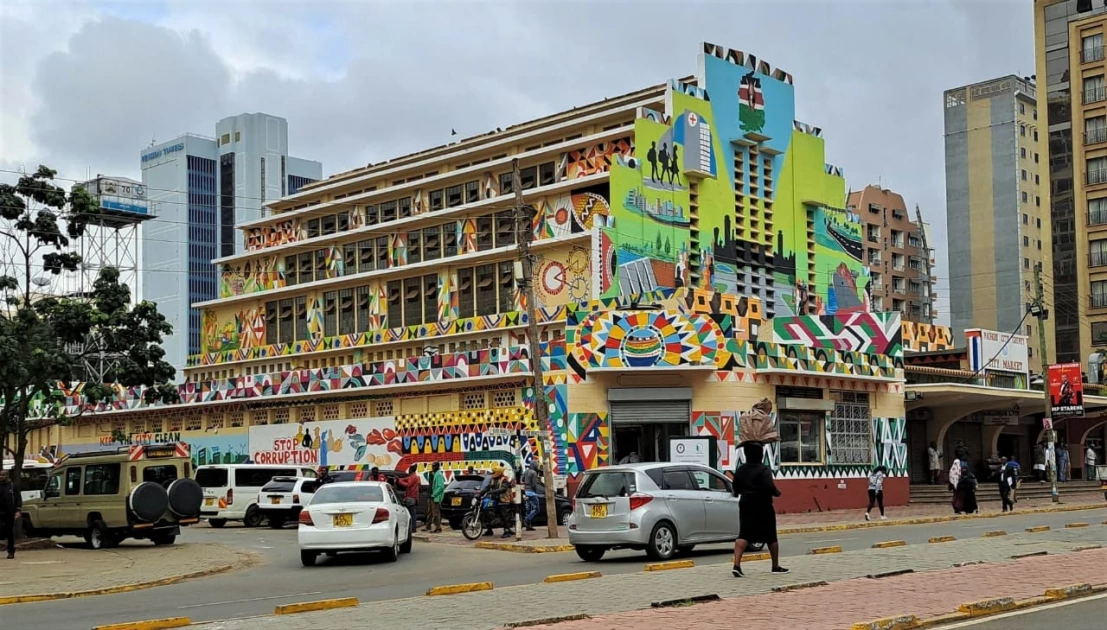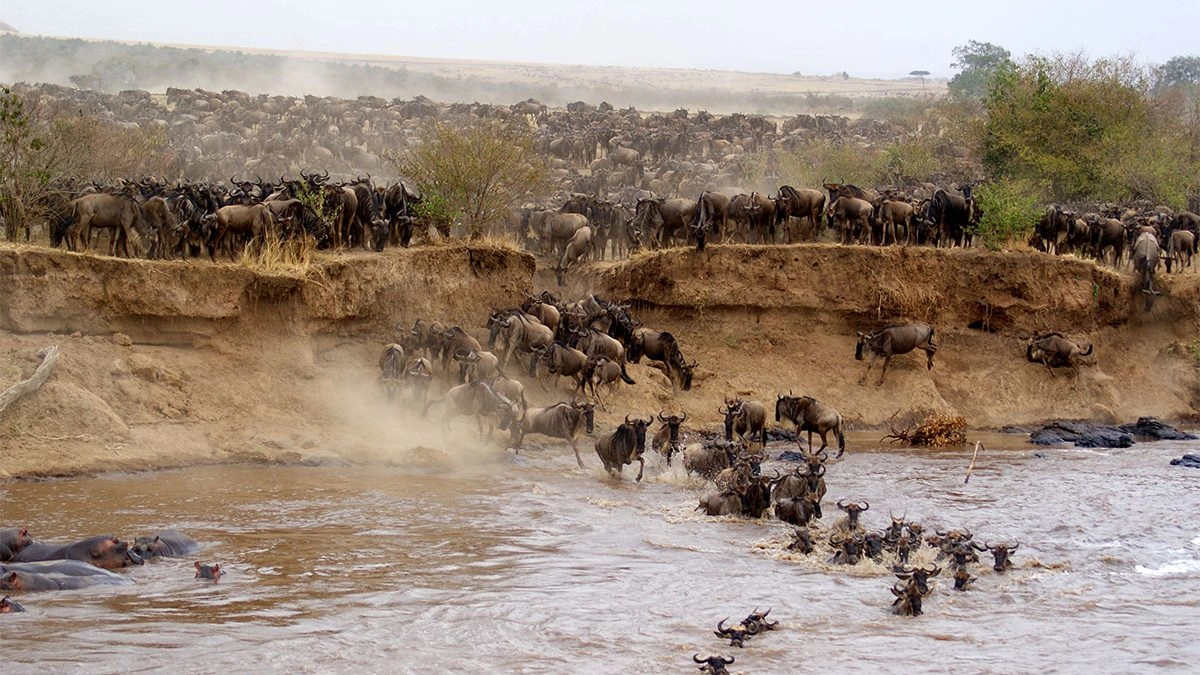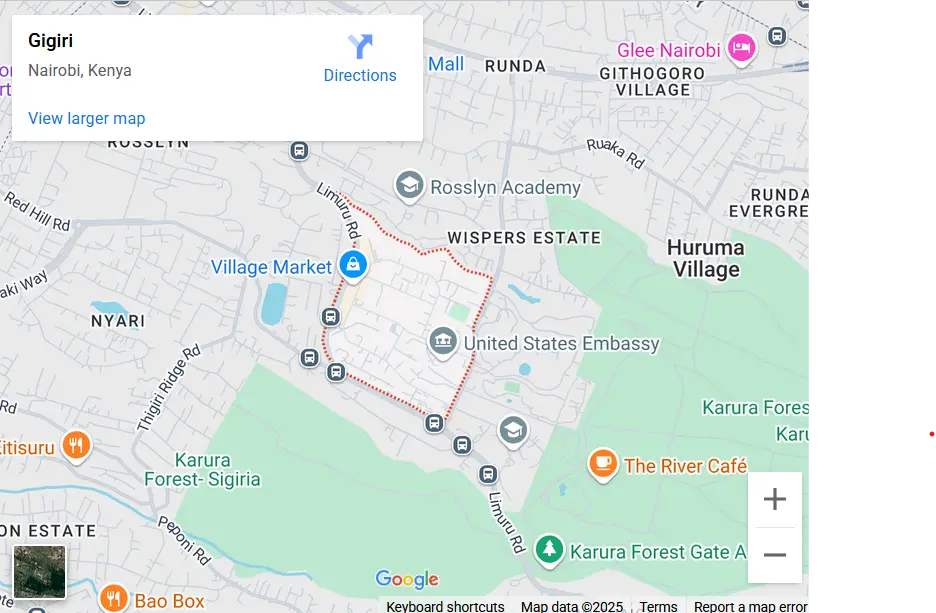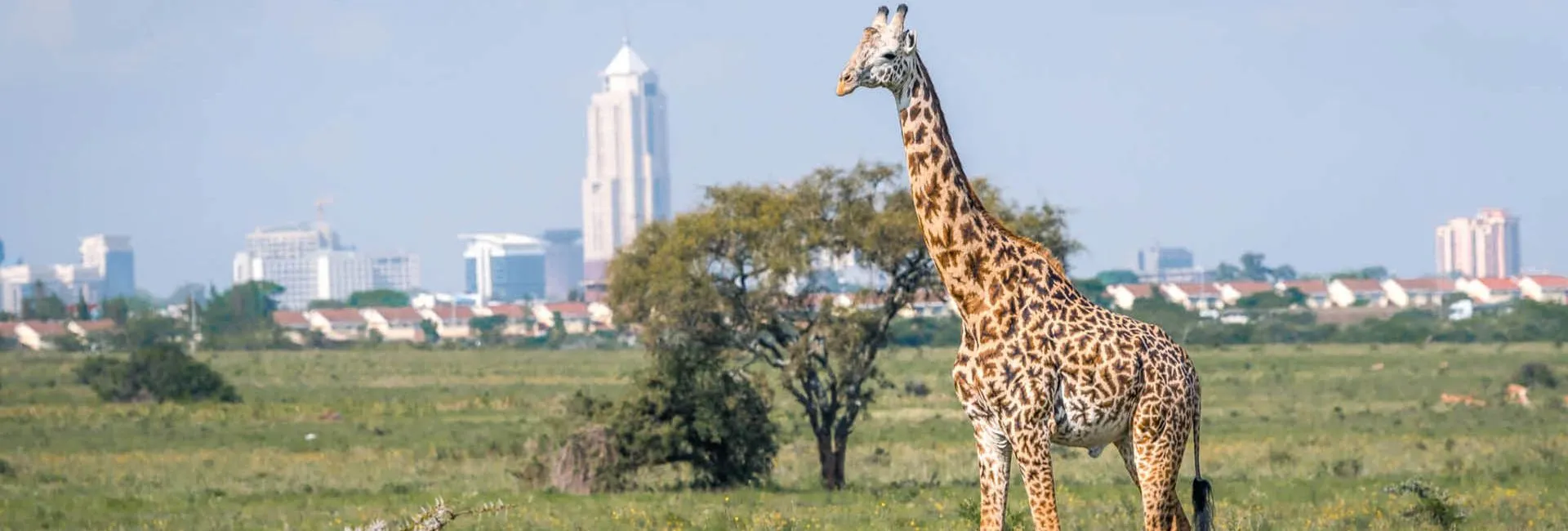Nairobi, Kenya, Zip Code: 00601
If someone had told me three years ago that I’d be living in Nairobi and calling it home, I would’ve been skeptical. I was settled in Raipur—happy, grounded, surrounded by family and weekend poha-jalebi rituals. Then came a project offer from my firm, to work with a fintech client in Kenya. It sounded adventurous, maybe even a little risky. But something nudged me to say yes.
Two years later, here I am—still in Nairobi, sipping Kenyan coffee on a Sunday morning, and reflecting on how this city has quietly transformed my life.
The First Few Weeks: Surprise in the Slow Lane
I landed in Nairobi with a suitcase, a laptop, and a mind full of assumptions. I’d heard that it was chaotic, underdeveloped, unsafe even. But what I found was quite the opposite.
The roads were calm. The weather was perfect. The people were warm and polite. Nairobi doesn’t rush you—it lets you breathe. My first week, I remember walking into my office and being surprised by how collaborative the work environment was. There’s structure, but also space. Kenyans take their time with greetings—”How was your morning?” isn’t a pleasantry; it’s genuine. It took a bit to adjust from my task-first, results-driven mindset, but it has made me a better professional.

Perceptions vs. Reality: Is Nairobi Safe?
One of the biggest concerns I heard before moving was about safety. Friends in India would say, “Just be careful, ya. Nairobi is dangerous.” To be honest, I came with those fears too.
Yes, like any city, Nairobi has its sketchy corners, and you do need to be aware of your surroundings. But does that make it unsafe? Not really. I’ve walked around Westlands late at night, used ride-hailing apps freely, and visited bustling local markets—no issues at all. In fact, the security presence in the city is strong and reassuring. I feel just as safe here as I did back home in Raipur or Delhi.
Over time, I’ve realized that many of these perceptions stem from old stereotypes or isolated incidents blown out of proportion. Nairobi is modern, growing, and as vibrant as any other urban hub.
Living in the Silicon Savannah
The term “Silicon Savannah” wasn’t new to me, but I never thought I’d be working in the middle of it. Nairobi is a thriving tech hub now. Startups are innovating in sectors like agriculture, logistics, health, and digital payments—many of them addressing challenges specific to Africa, but with potential global impact.
![]()
I’m currently working on backend systems for a mobile finance platform. What’s amazing is the kind of collaboration that happens here—engineers from India, Kenya, Europe—all solving real-world problems together. The focus isn’t just on scale; it’s on purpose.
The Comfort of Community
Another thing I didn’t expect to find here: a deeply rooted and lively Indian community. From temples in Parklands to chaat stalls in Westlands, Nairobi offers enough desi touches to keep the homesickness in check.
Every weekend, someone’s hosting a potluck, or there’s a Diwali mela being organized. I’ve met Gujaratis who’ve lived here for generations, Tamils who run family-owned businesses, and fellow expats like me who arrived recently for work. It’s easy to feel at home here, surrounded by familiar sounds, flavours, and festivals.
Coffee, Wildlife & Green Escapes
One of the best parts of living in Nairobi? The weekends. I’m a coffee lover, and Nairobi has plenty to offer—Artcaffé, Java House, Spring Valley… the list is long and delicious. Kenyan coffee isn’t just good, it’s world-class. I’ve grown to appreciate not just the brew, but also the café culture here: unhurried, warm, and filled with interesting conversations.

Great Migration at Masai Mara
For nature, you’re spoilt for choice. Karura Forest is a green sanctuary right in the city—it’s my go-to for long walks. A short drive away are the Ngong Hills, where the wind practically sings. And then there’s Nairobi National Park, where I’ve seen lions, zebras, and giraffes in the wild, all with a backdrop of the city skyline.
The Maasai Mara trip was the highlight of my second year here. Watching the Great Migration was beyond anything I’ve seen—even the most stunning documentaries don’t do it justice.
More Than a Temporary Stop
When I accepted the assignment, I thought of Nairobi as a professional detour—two years, gain experience, and go back. But somewhere along the way, it became more than that.
I’ve grown here—not just as a techie, but as a person. I’ve learned Swahili greetings, eaten ugali with my hands, danced at Afrobeat festivals, and built friendships I’ll carry for life.
Back in Raipur, I thought Nairobi would be far. It turns out, it’s closer than I imagined—to my values, my curiosity, and my love for places that surprise you.
So when people ask me now, “How’s Nairobi?” I just smile and say, “Come see for yourself.”

- Check out more neighbourhood stories on Global Indian
